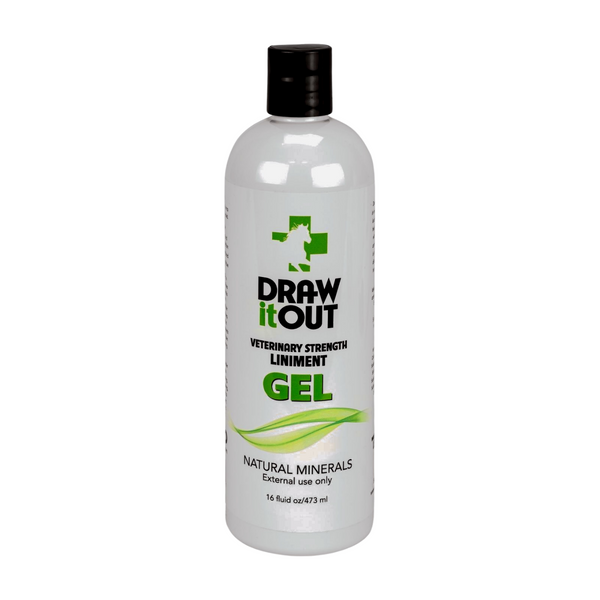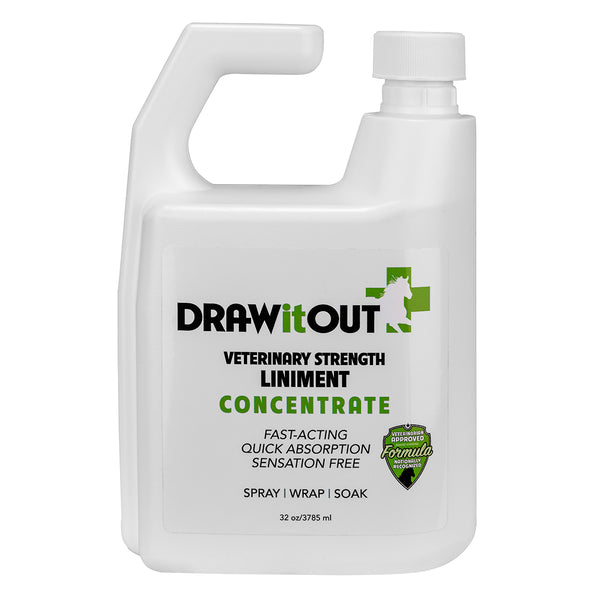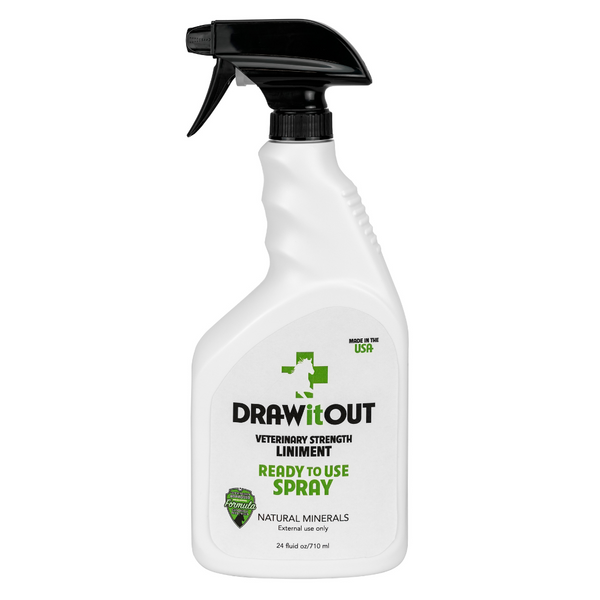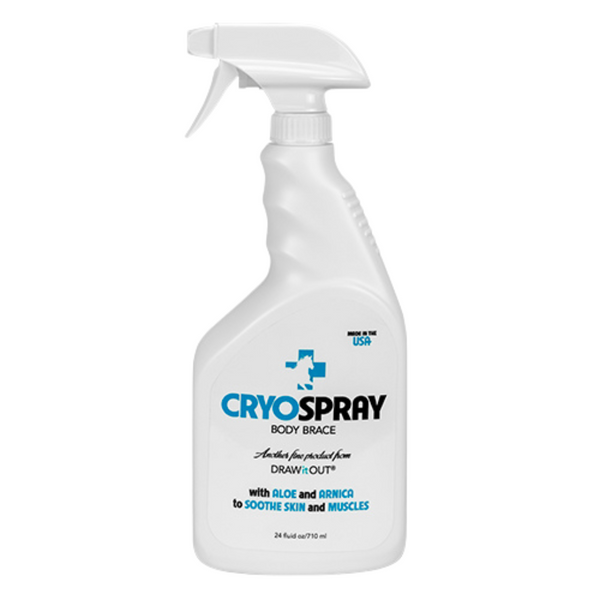Joint Care for Performance Horses
Performance horses give their all every time they step into the arena. From the physical stress of training and competing to the wear and tear of travel and environmental conditions, their joints endure an incredible amount of pressure. Supporting joint health is not just about comfort—it’s about helping your horse stay sound, strong, and competitive.
1. Why Joint Care Matters
Joint problems like arthritis, inflammation, and soft tissue strain can significantly limit your horse’s mobility and career. Prevention is key:
- Performance Load: Intense workouts accelerate joint wear.
- Surface Conditions: Uneven or hard footing increases impact.
- Age & Genetics: Older horses or certain breeds are more prone to issues.
2. Liniment for Daily Joint Support
Draw It Out® Liniment is a rider-trusted solution for reducing joint stiffness and inflammation. It can be used before and after rides to:
- Encourage circulation and warm up joints
- Prevent stiffness from setting in
- Reduce inflammation post-exercise
Apply directly to knees, hocks, and fetlocks for targeted relief.
3. Incorporate Joint-Supportive Routines
Daily habits that make a difference:
- Provide consistent warm-ups and cool-downs
- Use protective boots or wraps to support joints
- Offer soft, stable footing in arenas and stalls
- Rotate training routines to prevent repetitive stress
4. Use Supplements Strategically
Support from the inside out is just as important. Joint supplements rich in hyaluronic acid, MSM, and glucosamine may help maintain cartilage and reduce inflammation. Always consult your vet for performance-safe options.
Frequently Asked Questions
Can liniment replace joint supplements?
No. Liniment works externally to support circulation and ease soreness, while supplements support long-term joint health from within. They work best when used together.
Is it safe to use liniment daily?
Yes. Draw It Out® Liniment is non-irritating and safe for everyday use on horses of all ages.
What are early signs of joint discomfort?
Stiffness, heat or swelling in joints, reluctance to perform, or uneven movement patterns can all be early warning signs of joint stress.














